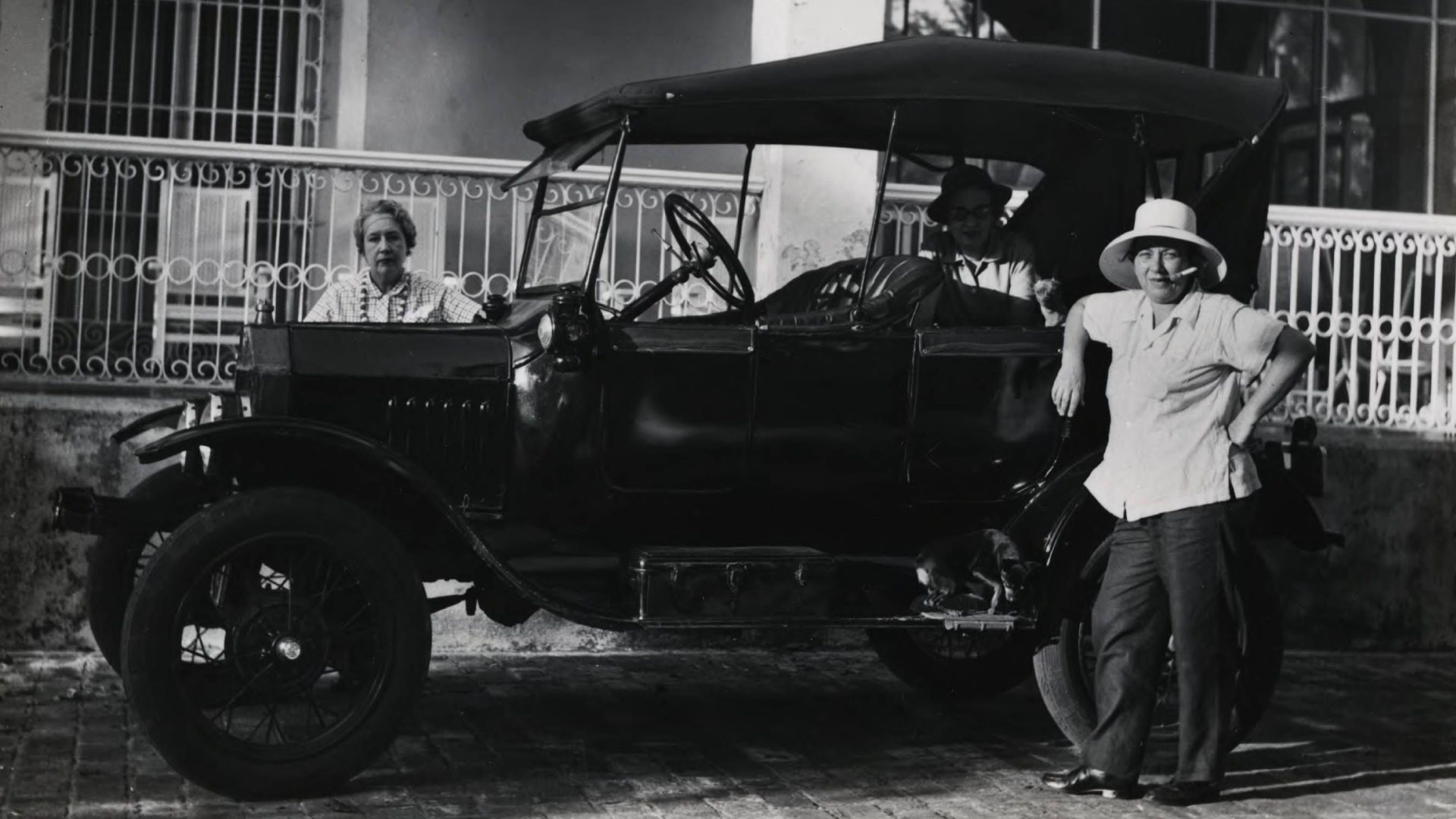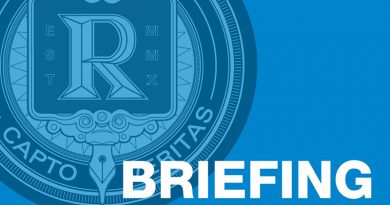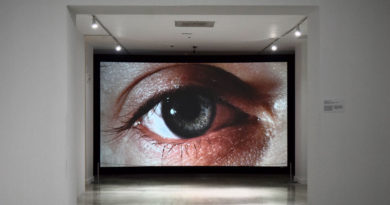Freedom Tower Showcases Josefina Tarafa’s Photographs In Exhibition
Miami Dade College’s Freedom Tower, 600 Biscayne Blvd., is presenting Remaking Miami: Josefina Tarafa’s Photographs of the 1970s at their Cuban Legacy Gallery through Jan. 28.
The exhibition, which started last November, features the work of Josefina Tarafa. She was a photographer, editor and philanthropist who documented how Cuban immigrants like herself transformed the city of Miami.
“Tarafa was an amateur photographer [who] transformed into a self-taught visual anthropologist, but she also had an aesthetic approach to her subjects,” said José Antonio Navarrete, a Cuban-born curator who organized the exhibition. “She understood why and how art could enrich visual anthropological documentation.”
Remaking Miami includes 30 postcard-size posthumous prints selected from an archived collection of Tarafa’s images.
All of the images were taken during the trips she made between Europe (where she lived after leaving Cuba in the late 1950s) and South Florida where she visited her family in Miami. Between the 50s and the 70s, she captured new facets of the city with each visit.
The photos taken in Miami composed her last photographic series, a decade before her death in 1982.
“Josefina is a forgotten protagonist of modern Cuban photography,” Navarrete said. “She was a photographer who developed ambitious projects in which she worked for years. It is evident her in-depth comprehension of the possibilities of photography is used as a cultural tool. She was ahead of her time.”
The idea for the exhibition blossomed when Navarrete visited the Cuban Heritage Collection at the University of Miami in 2011. After seeing Tarafa’s works for the first time, he immediately started a non-systematic search of Tarafa and her contribution to Cuban photography and culture.
However, he didn’t have direct contact with Tarafa’s photos until early 2019. That is when he proposed the MDC’s Freedom Tower exhibit of Tarafa’s work.
“Tarafa’s work emphasizes the relationships between immigrants and their environment, highlighting how Cuban immigrants generated the necessary conditions for their constitution as an extended community visible in the space of the city and they contributed to transforming it culturally, as well as economically and socially,” Navarette said. “This series is a pioneer visual study about how contemporary emigrations change places and redefine them.”
To purchase a ticket for Remaking Miami, click here.




